The overuse of the em dash has become a common complaint in AI-generated text. Does this mean we should stop using this punctuation mark?
Who vs. Whom: How to Always Make the Right Choice
How do you correctly choose between who or whom? Texas Bar Books Editor Roger Siebert is here to provide the answer you’re looking for.
How to Use Semicolons Like a Pro
Master semicolon usage in legal writing, understand the role semicolons play in series and independent clauses, and learn how context influences punctuation choices.
Improve Your Writing with These Safe Bets
Improve your writing by finding the perfect balance between natural-sounding language and grammatical correctness in your writing.
How to Avoid Legalese and Other Highfalutin Wordiness
By avoiding unnecessary legalese and wordiness in professional communication, legal professionals can achieve clear and concise writing.
Just Deserts or Just Desserts?
Just deserts is a deceptively simple phrase. But is it deserts or desserts. Read Roger Siebert’s post to uncover this saying’s secrets!
Me, Myself, or I: How to Make the Right Choice
Learn when to use me, myself, or I correctly in sentences, and avoid common hypercorrections with these simple tips.
How Do You Hyphenate Compound Adjectives?
Hyphens add clarity to compound adjectives (adjectives made of two or more words) that immediately precede and modify nouns in sentences.
Should I Put Commas Around a Title?
If you find yourself wondering whether you should put commas around a word or phrase that restates another noun, we can help!
- Page 1 of 2
- 1
- 2

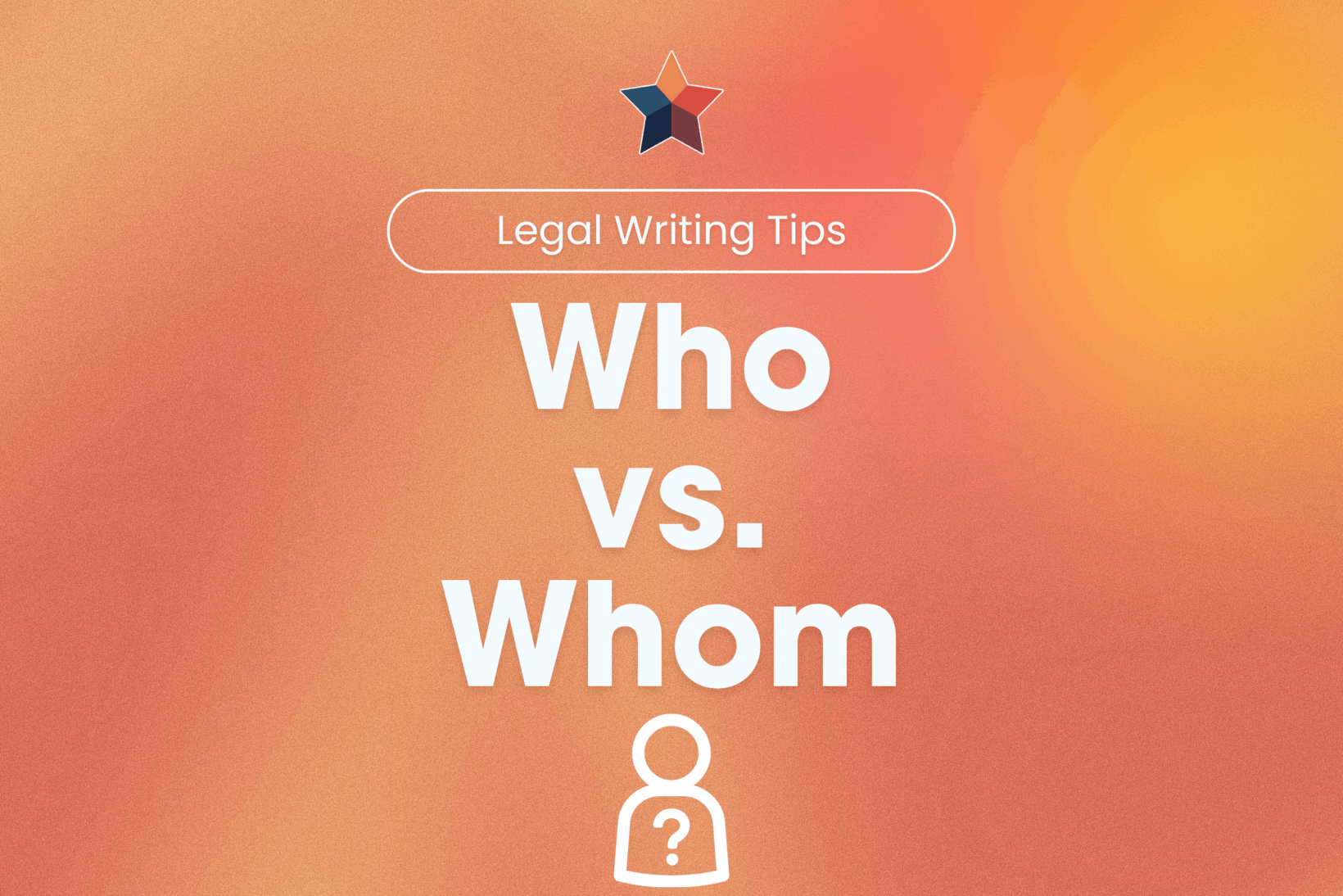
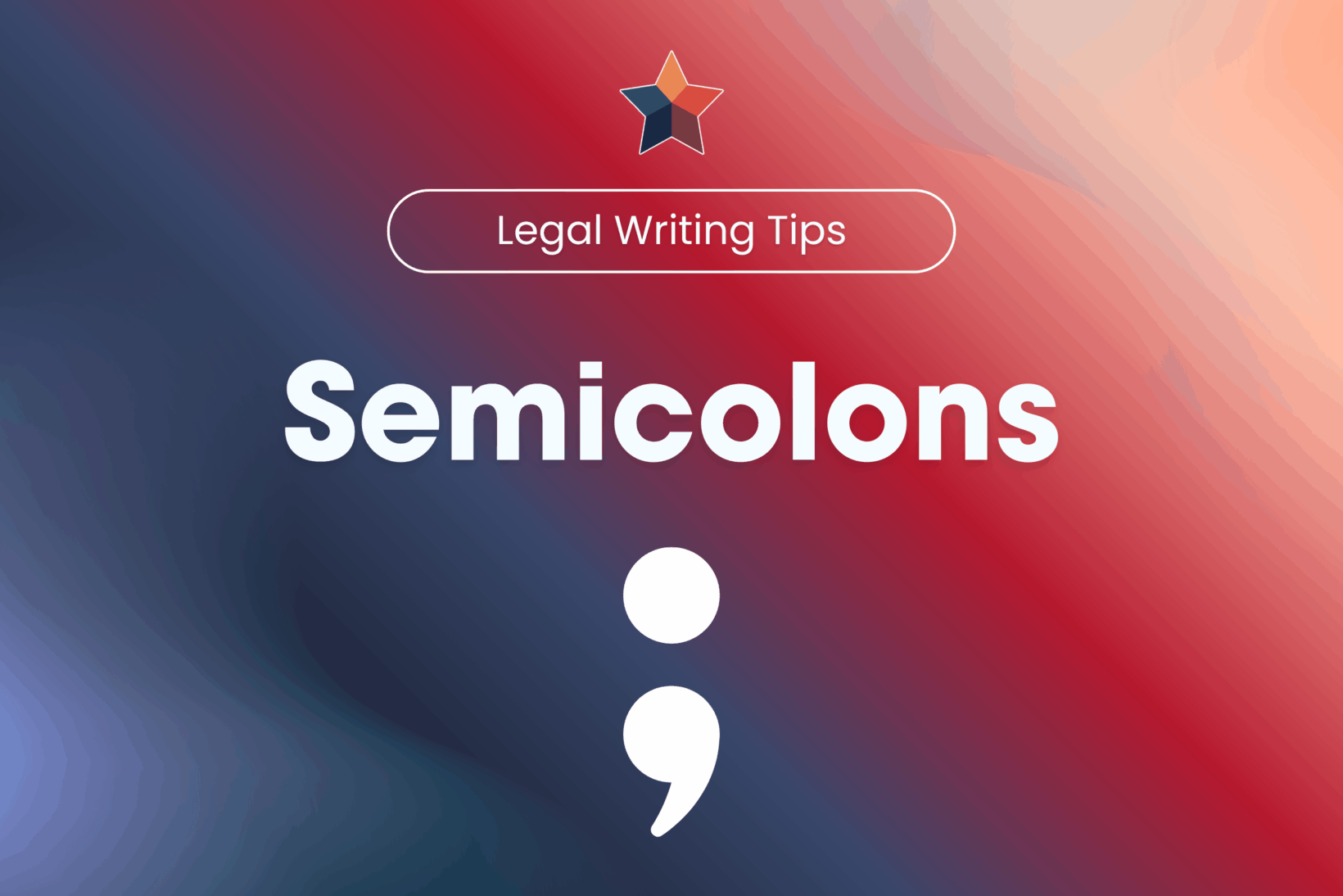

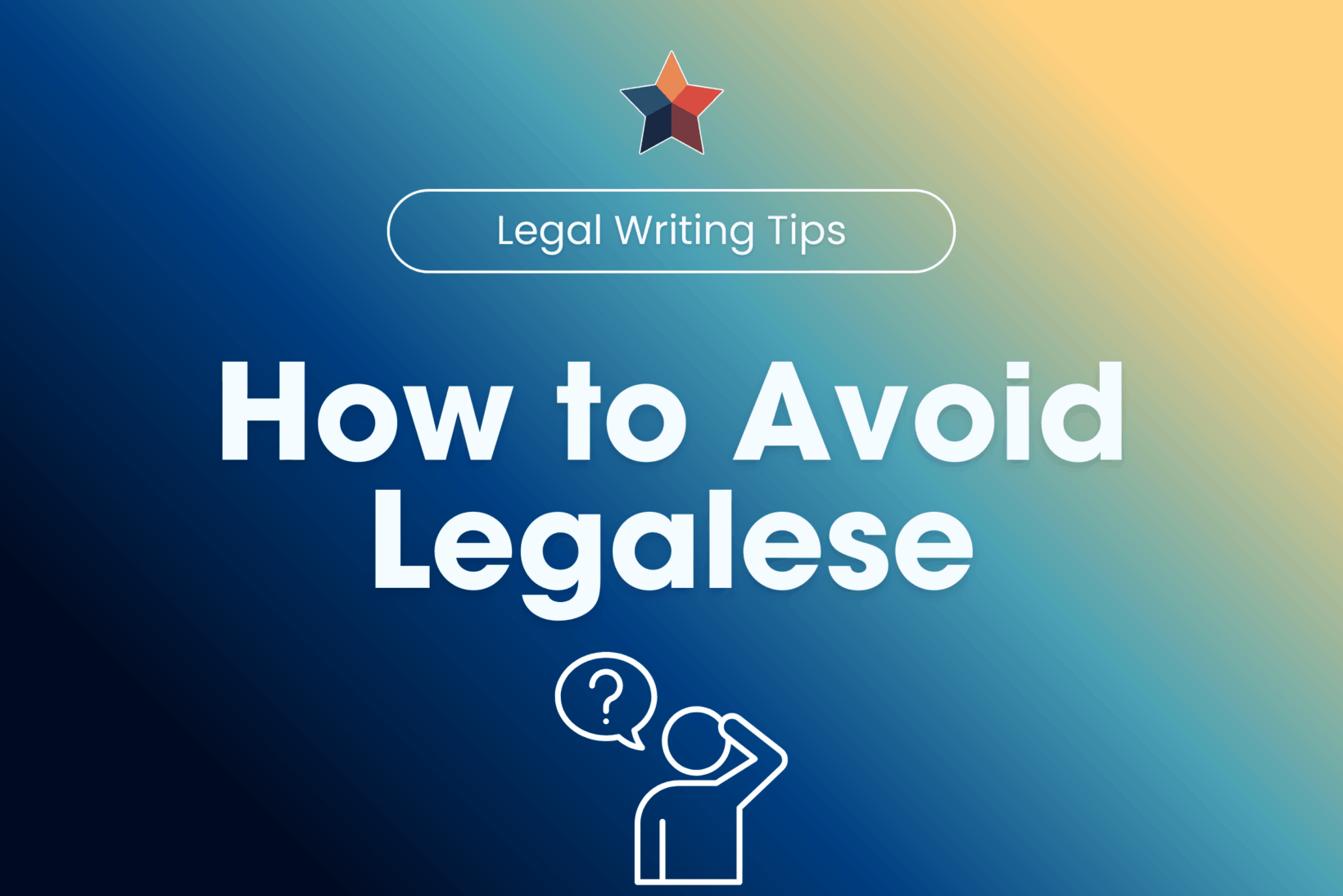


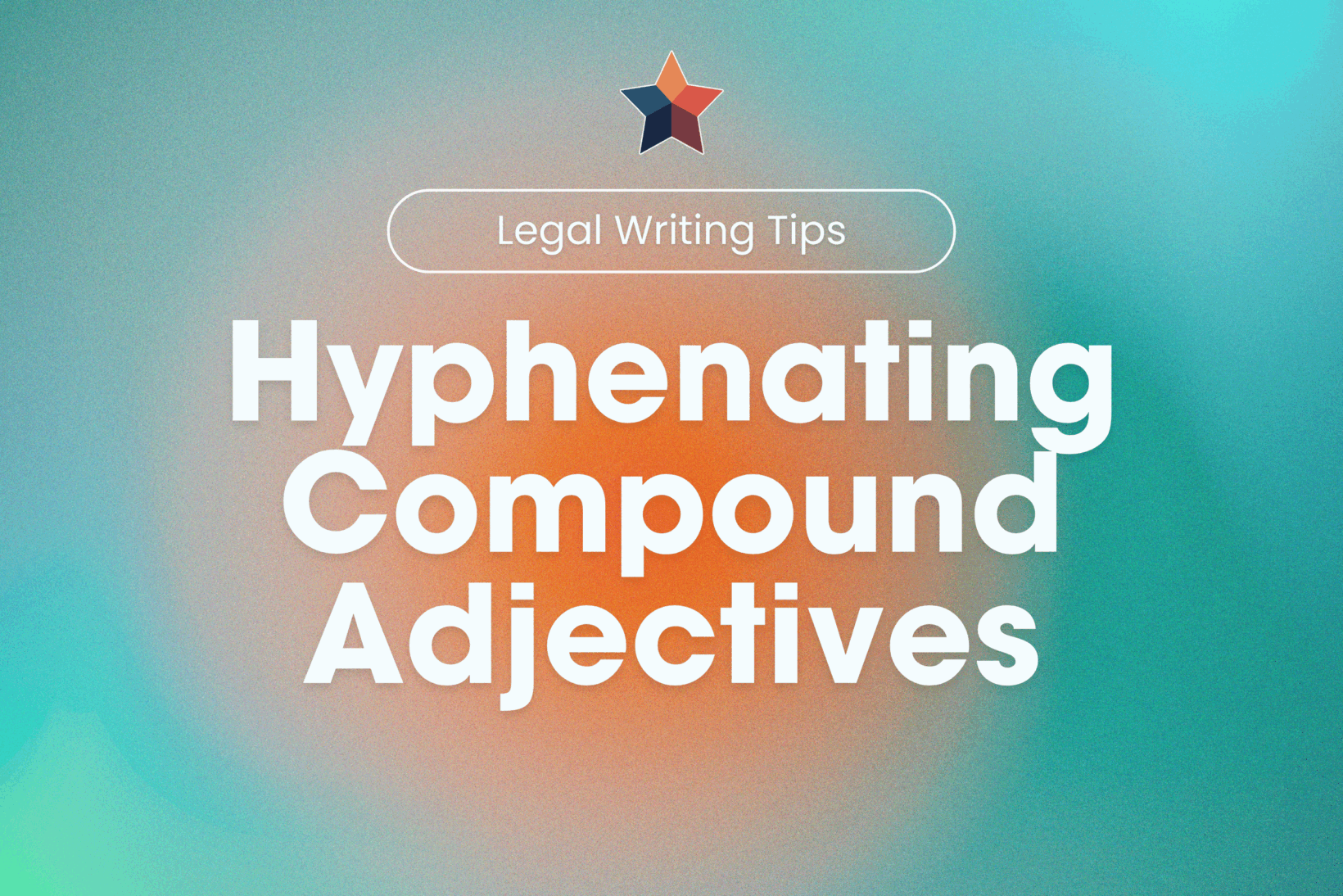
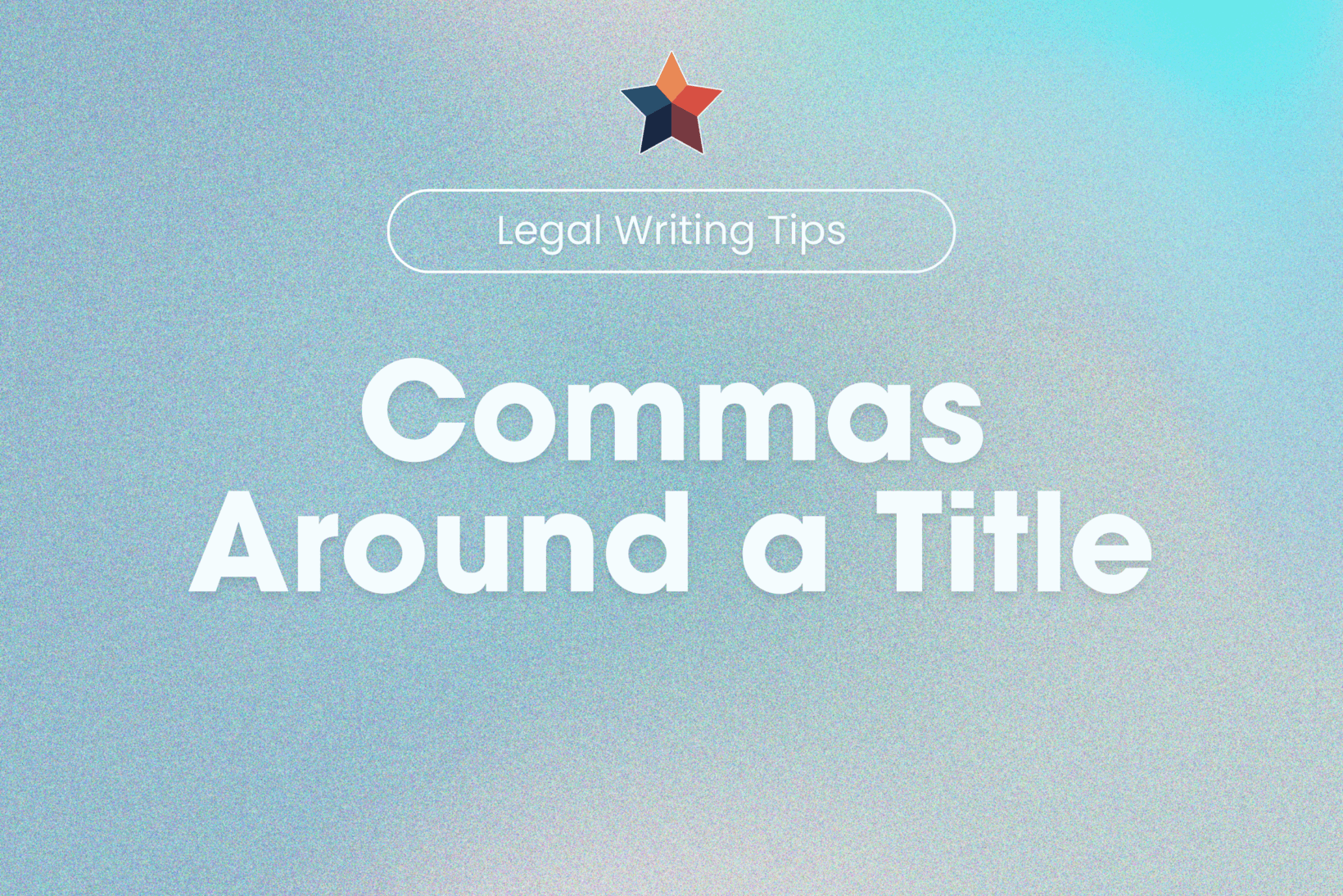
 LPM Help Center
LPM Help Center